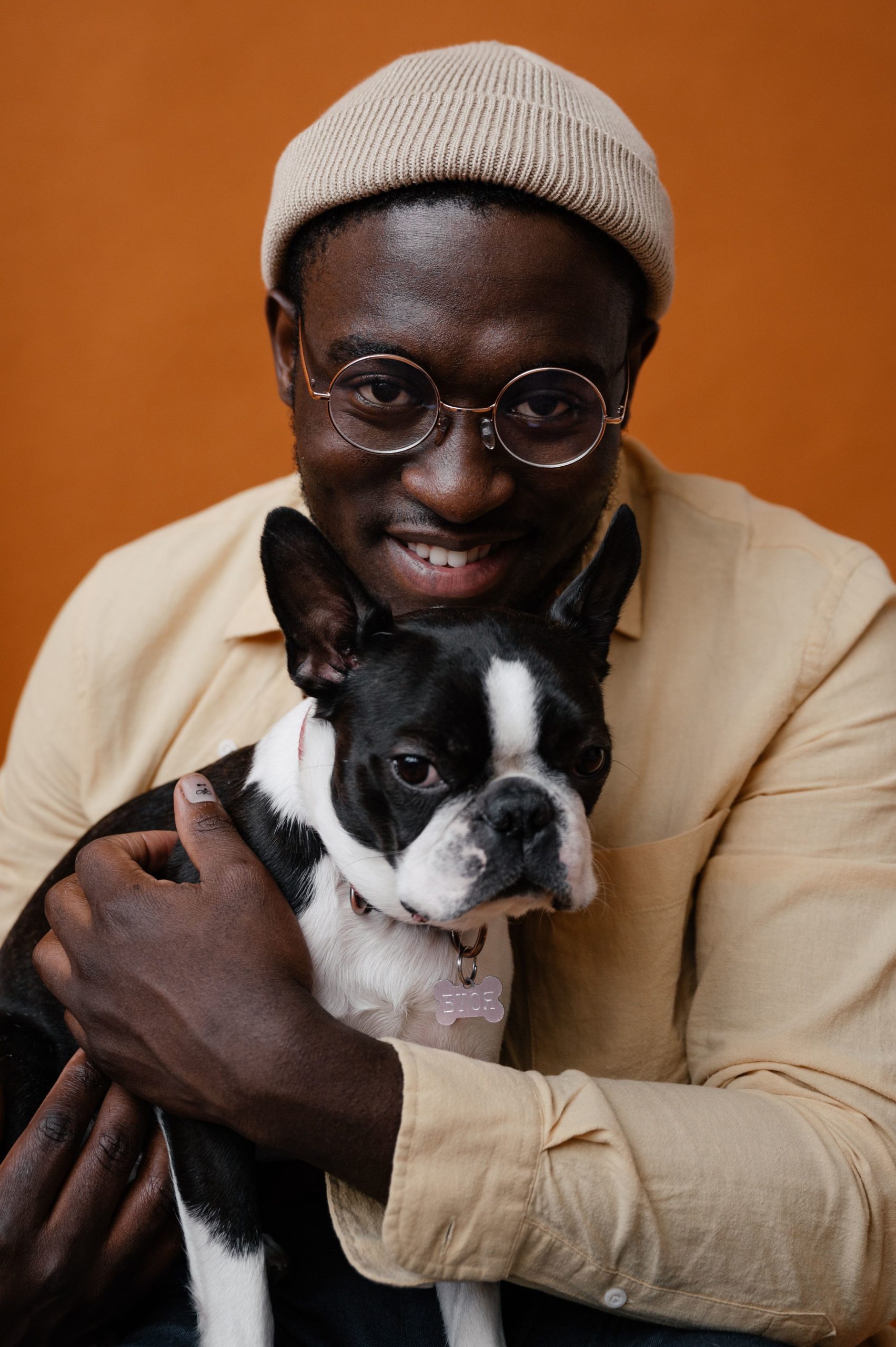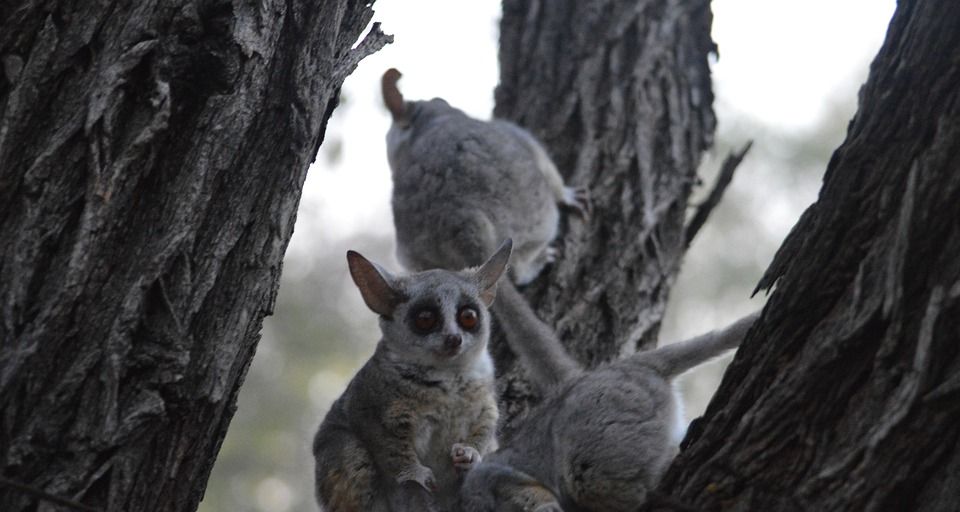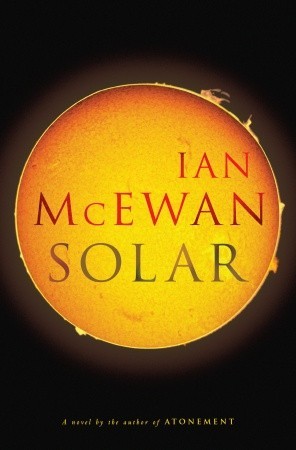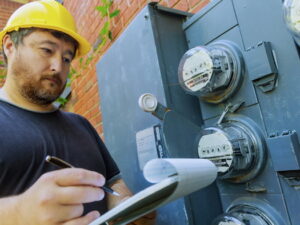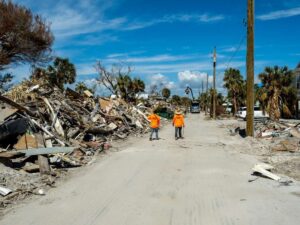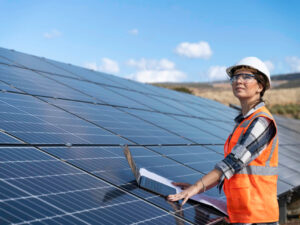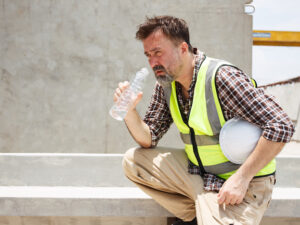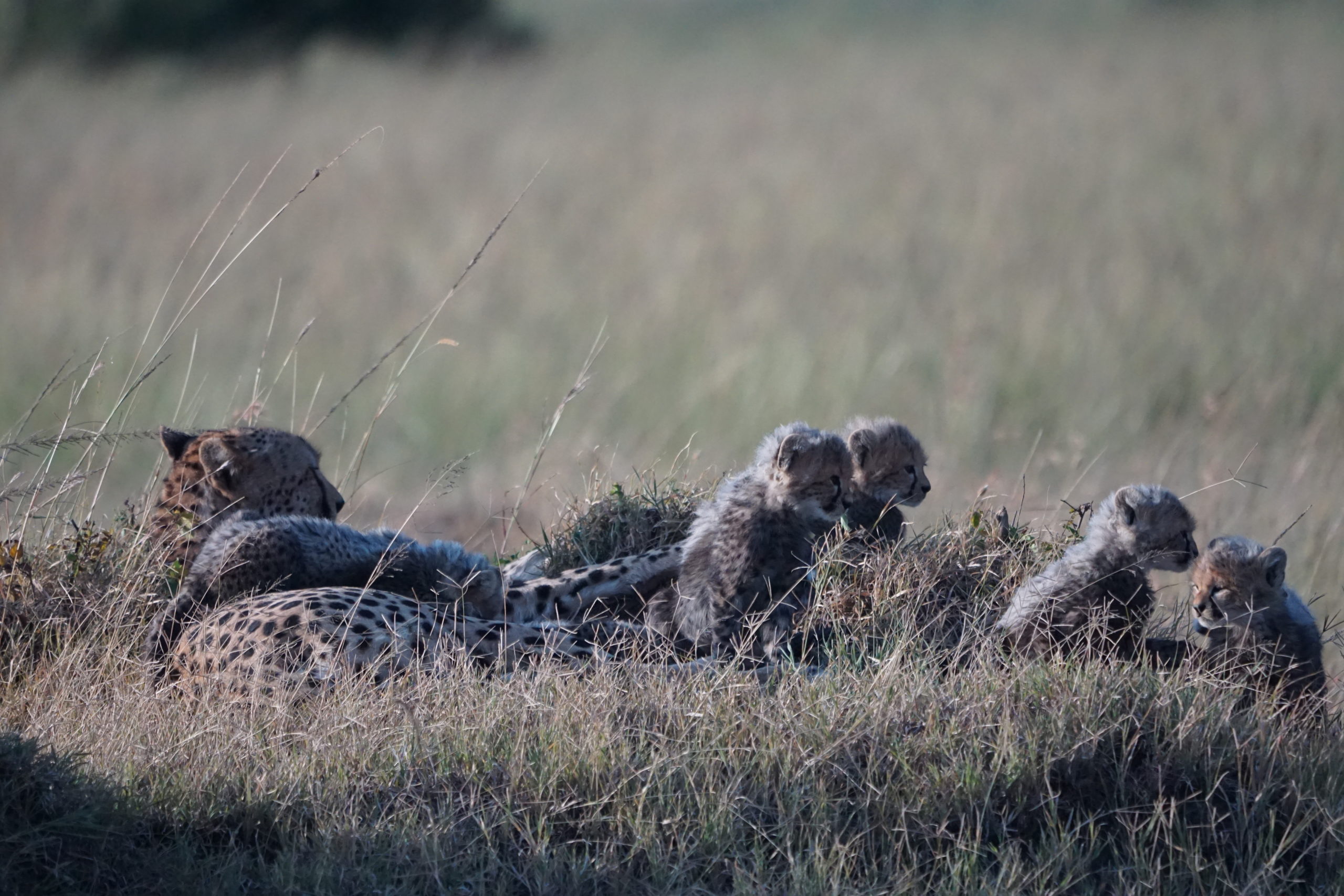
Cheetah family. Photo courtesy of Berit Thorson
In this episode, you will hear a lively conversation between our host, Peterson Toscano, and four South African veterinarians. Like many climate advocates, Peterson couldn’t help himself, and asked Kristine and Roy Page along with their friends and fellow veterinarians, Adrian and Ashleigh Tordiffe, about climate change in South Africa and how it is affecting household pets and wild animals.
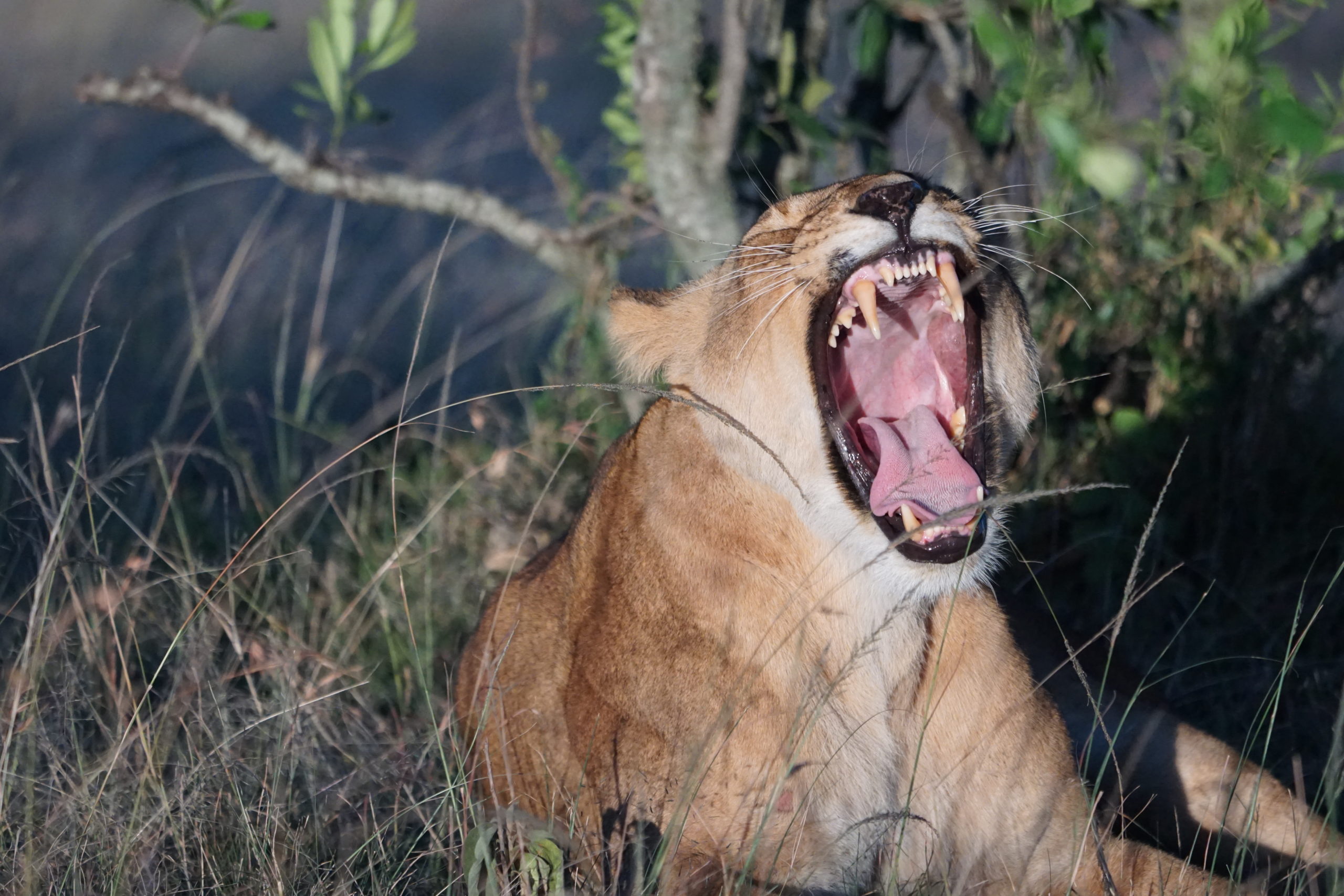
Adult lioness. Photo courtesy of Berit Thorson
The conversation is rich, informed, and at times, hilarious. You will learn about pets in South Africa, and about the many ways animal lovers everywhere can protect their pets from extreme heat, extreme cold, and vector-borne illness spread by fleas and ticks. You will hear about the North American ticks that strike fear in the hearts of all meat-loving South Africans.
Adrian is an academic, researching wildlife populations, and tells us about the adorable and very loud bush baby (also known as galago). It is one of the very few nocturnal primates, and has two completely different diets. In the rainy season it eats fruits and insects, and in the dry month it consumes plant gums produced by certain trees. Twice a year, the bush baby has to completely transform its digestion system to accommodate its diet.
In addition to demonstrating the signature shrieking sounds the bush baby makes from high up in the trees, Adrian also tells us about how extreme heat and extended drought are making life harder for these amazing creatures.
Join Peterson for a beautiful summer day braai (barbeque), on the back stoop of Roy and Kristine’s home, as their many dogs roam around and the children play nearby. Joining the four veterinarians is Glen Retief, Peterson’s husband, who grew up among wildlife in South Africa’s Kruger National Park.
Sign up and volunteer for the environment
The Art House
Krista Hiser is back with another installment of The Ultimate Cli-Fi Book Club. Every few months Krista Hiser shares with us her thoughts about climate-themed literature. This episode Krista looks at the 2010 satirical novel “Solar” by Ian McEwan.
“Michael Beard is a Nobel prize–winning physicist whose best work is behind him. … While he coasts along in his professional life, Michael’s personal life is another matter entirely. … His wife is having an affair, and Michael realizes he is still in love with her. … Can a man who has made a mess of his life clean up the messes of humanity?” (Goodreads)
Dr. Krista Hiser is Sustainability Curriculum Coordinator for the University of Hawaii Office of Sustainability, where she facilitates change management, interdisciplinary dialogue, and professional development opportunities for faculty to design, update and transform courses to integrate sustainability across the curriculum. She serves on the advisory board for the Sustainability Curriculum Consortium (SCC) and on the Steering Committee for the Association for the Advancement of Sustainability in Higher Education (AASHE).
Krista is also responding to a hard-hitting research paper “Through the Eye of a Needle: An Eco-Heterodox Perspective on the Renewable Energy Transition” by Megan K. Seibert and William E. Rees.
Abstract: This analysis makes clear that the pat notion of “affordable clean energy” views the world through a narrow keyhole that is blind to innumerable economic, ecological, and social costs. These undesirable “externalities” can no longer be ignored. To achieve sustainability and salvage civilization, society must embark on a planned, cooperative descent from an extreme state of overshoot in just a decade or two. While it might be easier for the proverbial camel to pass through the eye of a needle than for global society to succeed in this endeavor, history is replete with stellar achievements that have arisen only from a dogged pursuit of the seemingly impossible.
This research reveals just how tricky it is to take on climate change. It is a wicked problem with many moving parts we often do not want to see or acknowledge, but Krista encourages us to see the problems in their fullness so we respond with significant and effective solutions.
You can read a written version of Krista’s essay at The Ultimate Cli-Fi Book Club for Sustainability in Higher Education.
You can hear standalone versions of The Art House at Artists and Climate Change.
Listen to Episode 13: Pets and Climate Change
Good News Report
Our good news report comes from State College, Pa., the home of Penn State University. CCL volunteer Dick Jones and the State College CCL chapter is pleased to report that the State College Bureau Council unanimously passed a resolution calling on Congress to pass the Energy and Innovation Act. It is one of over 100 city councils to pass such a resolution, including Allentown, Bethlehem, Harrisburg, Pittsburgh, and York, Pa.
We always welcome your thoughts, questions, suggestions, and recommendations for the show. Leave a voicemail at (518) 595-9414 (+1 if calling from outside the USA). You can email your answers to radio@citizensclimate.org.
You can listen to Citizens’ Climate Radio on these platforms:
Also, feel free to connect with other listeners, suggest program ideas, and respond to programs in the Citizens’ Climate Radio Facebook group or on Twitter at @CitizensCRadio.
Citizens’ Climate Radio is a monthly podcast hosted by CCL volunteer Peterson Toscano.

